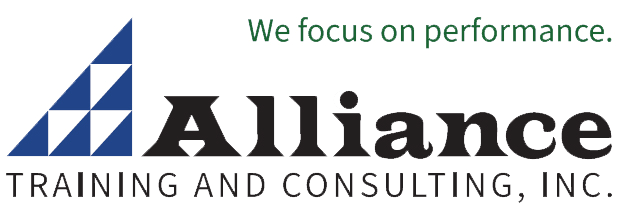Bryan Cave Law Firm Wins Sexual Harassment Case for GMA
By: Dale Mask
A written policy and training are critical elements in protecting employers from sexual harassment claims.
A sexual harassment lawsuit file against GM is a case in point.
Diana Duncan filed a claim of sexual harassment against General Motors saying that she had been sexually harassed at their plant in Wentzville, MO from 1994 to 1997. Duncan alleged a fellow worker and union member made unwelcome advances toward her and criticized her work performance after she rejected him and his advances. She resigned, telling GM officials of the harassing behavior, but before GM could initiate any solutions.
Duncan then filed a sexual-discrimination charge with the Equal Employment Opportunity Commission. In the lawsuit that followed, she was initially awarded $700,000 on the sexual-harassment claim and $300,000 on a claim of constructive discharge. The damages were overturned by Chief Judge David Hansen of the Eighth Circuit. Chief Judge Hansen said Duncan failed to prove the conduct constituted actionable harassment. Hansen, in his decision, wrote “… actions were boorish, chauvinistic and decidedly immature, but we cannot say they created an objectively hostile work environment permeated with sexual harassment.” Hansen continued saying Duncan “did not show a sexually harassing hostile environment sufficiently severe or pervasive so as to alter the conditions of her employment, a failure that dooms Duncan’s hostile work environment claim.”
Jerry Hunter, an attorney at Bryan Cave LLP, the law firm defending the case, said “…a big part of what gave GM a winning case was the fact that GM had a well-defined policy against sexual harassment that was posted throughout the plant and was contained in company publications distributed to employees.” Hunter pointed specifically to the fact that “GM trained employees on its policy prohibiting sexual harassment and the proper way to submit a complaint of sexual harassment, and GM acted on Duncan’s allegations of sexual harassment in a prompt manner. Duncan left her job at the plant before any suggested solutions could be initiated.”
Jay Cooney, director of legal communications at GM said, “It was a very good win.” For employers, this case emphasizes the importance of having a factual record of your harassment policy and documentation of training relative to the policy in sexual harassment cases.
© 2015 Alliance Training and Consulting, Inc.
View our Sexual Harassment Training Courses
